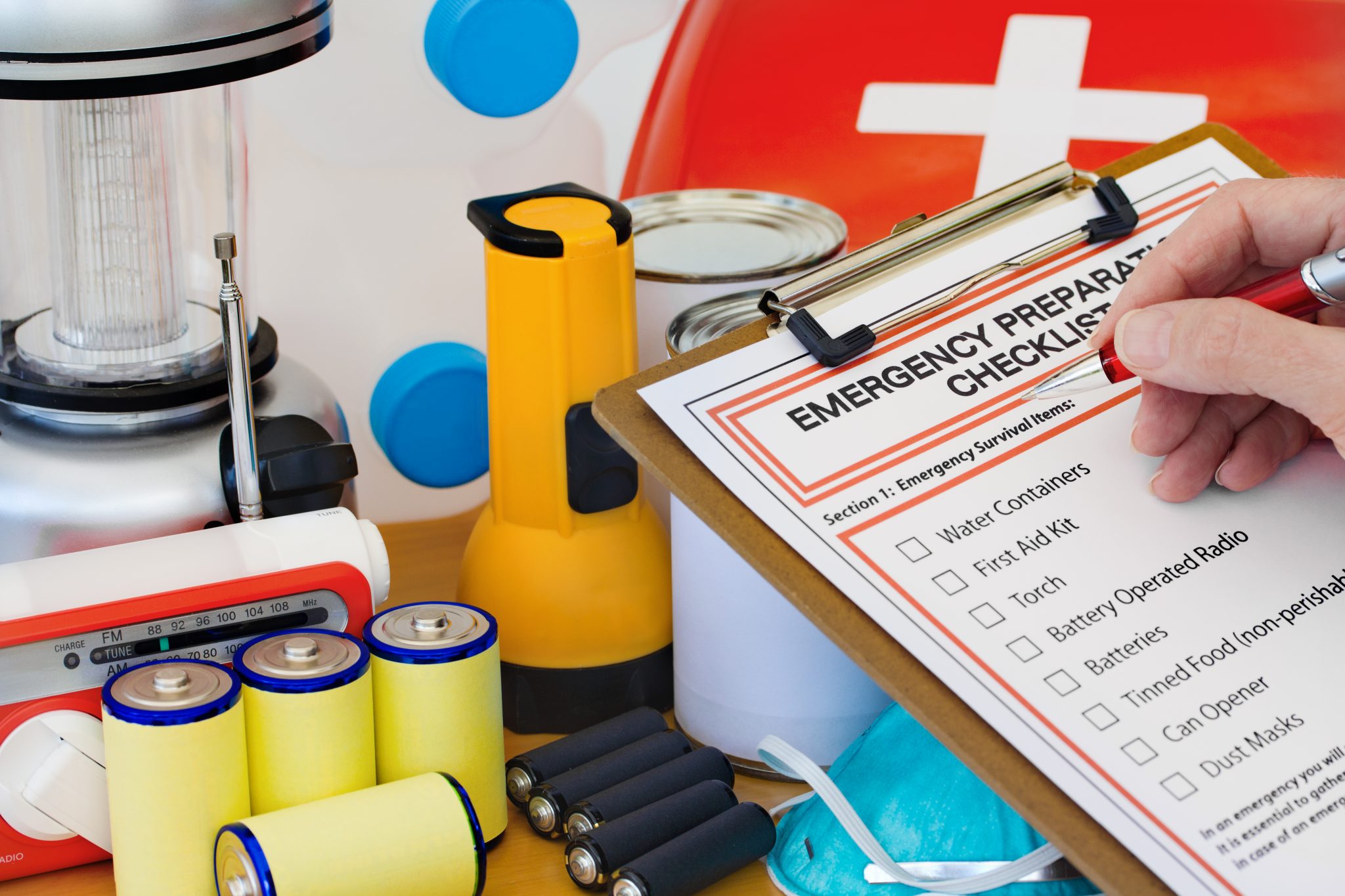Home & Family

Emergency and disaster preparedness is nothing new to Alabamians. However, COVID-19 is new to everyone. Navigating through disasters will be different during a pandemic. That’s why it’s not only important that you are ready, but that you are your family take added precautions. The following tips will help you and your loved ones to be prepared to face weather disasters.
Get Weather Alerts
Become familiar with your local emergency management agency. Weather alerts are provided by local authorities and the media when threatening climate conditions arise. In the event of severe weather predictions, stay tuned to your local weather channel. Download the National Weather Service App, and if you own a weather radio, make sure it is correctly calibrated.
Develop a Family Plan
In addition to listening to weather alerts, make sure you and your family develop an emergency plan. Identify a safe place in your home that is suitable for indoor shelter in case of an emergency. Also, develop an evacuation plan just in case you need to escape outside to safety. Your evacuation plan should always include a gathering spot where everyone comes together for roll call. Conduct practice drills at home so that you and your family are prepared to respond quickly when disasters strike.
If your plan involves staying with friends or relatives, discuss how to keep everyone stay safe from COVID-19 as well. Follow everyday preventive actions, including covering coughs, wearing masks, and practicing social distancing.
Emergency Kit
In addition to developing an emergency plan, it’s important to put together an emergency kit with enough supplies for you and your family. A well-prepared emergency kit should be kept wherever you establish shelter in case of danger or environmental threats. Your kit should contain the following:
- masks
- disposable cloths and hand and disinfecting wipes
- hand sanitizer and antibacterial soap
- rubbing alcohol and bleach
- disposable garbage bags
- battery-operated radio
- quilts, blankets, or sleeping bags
- flashlight and batteries
- scissors and tape
- first-aid kit
- personal hygiene items
- medical supplies (over-the-counter and prescription medication)
- copies of important papers and documents
- non-perishable food items
- cash
- change of clothes
- water
Vehicle Emergency Kit
There are additional items that should be added to your vehicle emergency kit.
- car charger
- jumper cables
- fire extinguisher
- maps
More Information
Unfortunately, disasters will not stop because of COVID-19. It’s wise to eliminate a few uncertainties by helping your family better prepare for when such incidences do occur. Visit www.aces.edu for more information on disaster preparedness.

